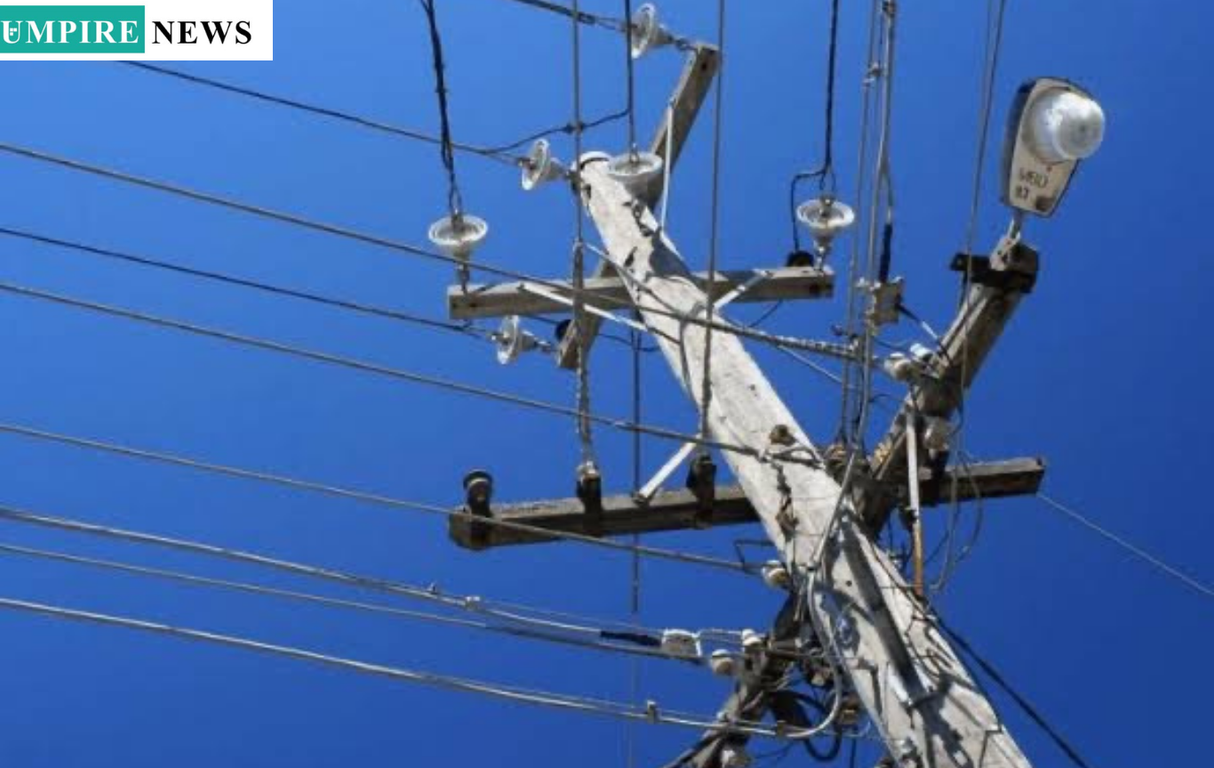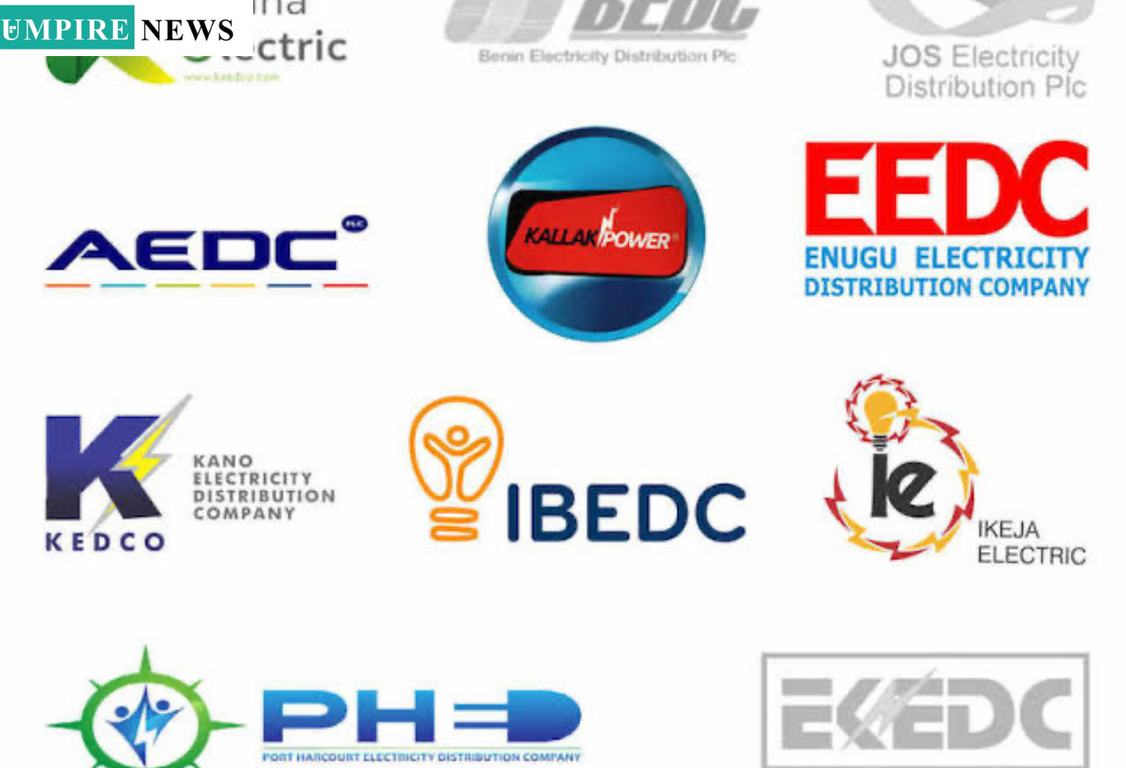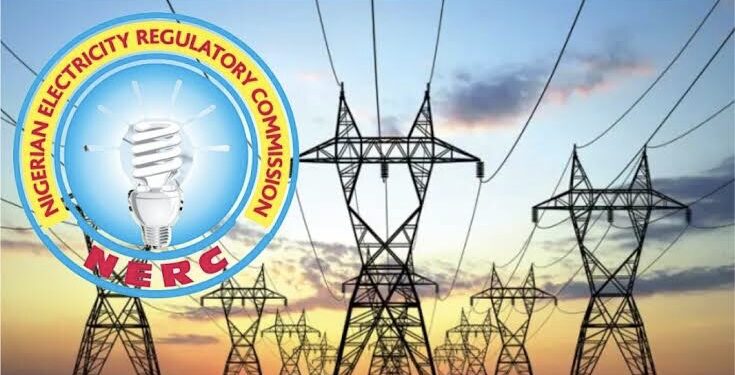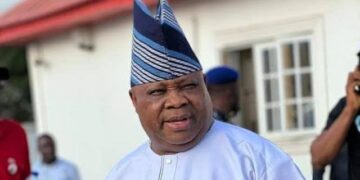The Nigerian Electricity Regulatory Commission (NERC) has revealed that the total revenue collected by all electricity distribution companies (DisCos) in the second quarter of 2024 amounted to a substantial N431.16 billion.
This figure, announced on Thursday in a report published on NERC’s website, represents the earnings from electricity services provided by the DisCos during the period.
The report provided further insight into the amount billed to customers during the second quarter, which stood at N543.64 billion.
This means that out of the total amount billed, N431.16 billion was successfully collected, leading to a collection efficiency rate of 79.31 percent.
Collection efficiency, in this context, refers to the percentage of the total billed amount that is actually collected by the electricity companies.
When comparing this to the performance in the first quarter of 2024, the report highlighted a similar trend. In the first quarter, DisCos billed customers a total of N368.65 billion and managed to collect N291.62 billion of that amount.

This resulted in a slightly lower collection efficiency of 79.11 percent for the first quarter. Therefore, the increase in total billing and collection in the second quarter, though marginal, indicates a positive trend in DisCos’ ability to recover funds from customers.
One of the key highlights of the report was the variation in performance among the different distribution companies. According to NERC, Ikeja and Eko DisCos stood out for their impressive collection efficiencies, recording 94.67 percent and 88.03 percent respectively.
These figures demonstrate a relatively high rate of revenue collection, indicating that these companies are performing well in managing their customer bases and ensuring prompt payment for services rendered.
On the other hand, Yola DisCo recorded the lowest collection efficiency in the second quarter, managing to collect only 55.67 percent of the total amount billed to its customers.
The gap between the highest and lowest performers reflects the ongoing challenges faced by certain distribution companies in maintaining effective revenue collection practices.
The NERC report noted that despite Yola DisCo’s poor performance, six other DisCos were able to show improvements in their collection efficiency between the first and second quarters of 2024.
In addition to financial data, the report also included important regulatory developments within the power sector during the second quarter of 2024.
The commission disclosed that it issued a total of 18 licences, permits, and certifications over the three-month period.
These included five new off-grid generation licences, which together represent a combined nameplate capacity of 12.36 Megawatts (MW).

Off-grid generation refers to electricity generation that is not connected to the national power grid, often used in remote areas or by industries seeking a more reliable power supply independent of the grid.
The report further elaborated on the types of licences granted during the period, including two new on-grid generation licences with a combined capacity of 66MW.
On-grid generation involves power plants that feed electricity directly into the national grid for distribution to the wider public. NERC also issued one new electricity trading licence, which allows for the buying and selling of electricity in the Nigerian power market.
Additionally, the commission granted one system operator licence, which permits the operation of a power system, and one captive generation permit, which allows entities to generate electricity for their own use, with the specific permit issued for a plant with a capacity of 5MW.
Metering was also an important focus of the commission’s regulatory efforts in the second quarter.
The report revealed that NERC issued six certifications for Meter Service Providers (MSPs) and granted two permits for Meter Asset Providers (MAPs).
MSPs are companies responsible for providing and maintaining electricity meters, while MAPs are entities that fund the purchase of meters and supply them to DisCos.
Both of these certifications and permits are part of ongoing efforts to address Nigeria’s metering gap and improve the accuracy of electricity billing by ensuring that more customers have access to functional, reliable meters.
The overall tone of the report suggests that while there are still challenges in the power sector, particularly in the area of revenue collection and distribution efficiency, there are also notable improvements and regulatory advancements.
The issuance of new licences, especially in off-grid and on-grid generation, indicates the growing diversification of Nigeria’s power generation capacity.
Meanwhile, efforts to improve metering services and enhance customer billing accuracy are in line with NERC’s goal of creating a more efficient and reliable electricity market.
The report’s data points to the need for continued reform and improvement within the sector, but it also highlights the successes of certain distribution companies and the commission’s efforts to drive growth and efficiency.































